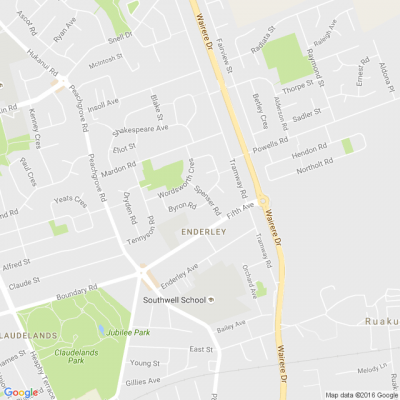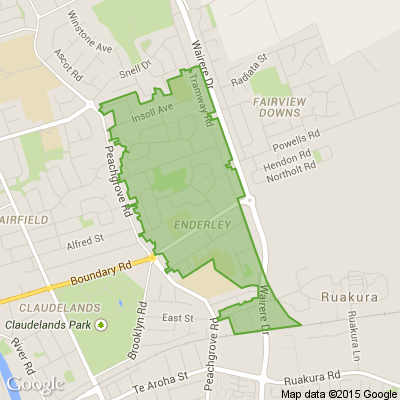How to Look After Linen
Linen looks good but is notorious for creasing. Here's how to get the best from this stylish fabric.
Linen wrinkles and creases very easily so if you want it to appear smooth and flat, it needs ironing. It may also need starching. However, the wrinkles in the fabric are often considered part of linen’s character, and many linen garments are now designed to be air-dried and worn without ironing.
Tips for machine washing linen
• Check the care label for guidance on washing temperature.
• Always separate dark/coloured linens from white or off-white linens to avoid colour transfer in the wash.
• The first time you wash a linen article, wash it separately from other materials. Linen can cause lint.
• Linen is a natural fibre that can absorb a lot of water. This means it is prone to heavy creasing in the wash. If you give linen items a lot of space to move around in the washing machine drum, this should reduce the amount of creasing. It is best to only half fill the machine.
• Avoid using bleach on linen, as this weakens the fibres and it may affect the colour of dyed linens.
• Bleach particles in conventional washing powder make natural linen colour fade, so use only mild detergents.
• If possible, choose a wash programme with a long soak, a short wash/rinse and a short spin and using a moderate to cool temperature.
• When the wash cycle is finished, immediately remove items from the machine to avoid any extra creasing.
• Straighten out and gently stretch the linen after the wash.
• Line-dry or air dry or dry flat.
•Do not tumble dry linen, as it may leave permanent creasing and it will shorten the life of the item. If you dry linen in a hot tumble dryer, it can shrink up to 15%.
Note: Linen can generally be machine washed at high temperatures but this can cause shrinkage. Modern detergents generally work just as well at a lower temperature so it is not necessary to use a hot wash. We recommend the maximum temperature you use for linen is 60°C.
Hand washing linen
Fine embroidered or hand hemmed/stitched linen items need extra care. It is usually best to hand wash these items or take them to a professional cleaner.
• Use water that is comfortably warm to the touch (blood heat) and also ensure you use the correct washing detergent (see advice above). This should be dissolved/evenly distributed in the water before you add the item.
• Let the item soak for up to two hours to ensure the fibres are saturated.
• Use gentle agitation to wash the item.
• Rinse the item in three clean rinses of cool water, or rinse until the water is clear.
• Between rinses and at the end of the wash, squeeze the excess water out of the item.
• Starch the item at this stage (if you are using starch).
• Dry flat if possible, gently pulling item to the correct size. Alternatively line-dry or air dry. Do not tumble dry.
Ironing linen
Keep reading: www.curtainclean.co.nz...

Poll: Should the government levy industries that contribute to financial hardship?
As reported in the Post, there’s a $30 million funding gap in financial mentoring. This has led to services closing and mentors stepping in unpaid just to keep helping people in need 🪙💰🪙
One proposed solution? Small levies on industries that profit from financial hardship — like banks, casinos, and similar companies.
So we want to hear what you think:
Should the government ask these industries to contribute?

-
59.4% Yes, supporting people is important!
-
26.3% No, individuals should take responsibility
-
14.3% ... It is complicated
Derelict Tokanui Hospital site in line for a clean-up
Derelict Tokanui Hospital buildings will be demolished and contaminated land cleaned up so the site can be offered back to iwi.
The former psychiatric hospital, southeast of Te Awamutu, sits on land taken from Ngāti Maniapoto under the Public Works Act in 1910.

Poll: Are you a Te Huia fan?
All three Hamilton MPs appear to be united behind the retention of the Te Huia passenger rail service between Hamilton and Auckland, as well as potentially expanding it to Tauranga.
But whether Hamilton East’s Ryan Hamilton, Hamilton West’s Tama Potaka and soon-to-be Labour list MP Georgie Dansey have the combined power to shunt transport minister Chris Bishop and Prime Minister Christopher Luxon onto their line of thinking remains to be seen.
Are you a Te Huia fan? Tell us more in the comments (adding NFP if you don't want your words used in print).

-
81.6% Yes
-
18.4% No






 Loading…
Loading…